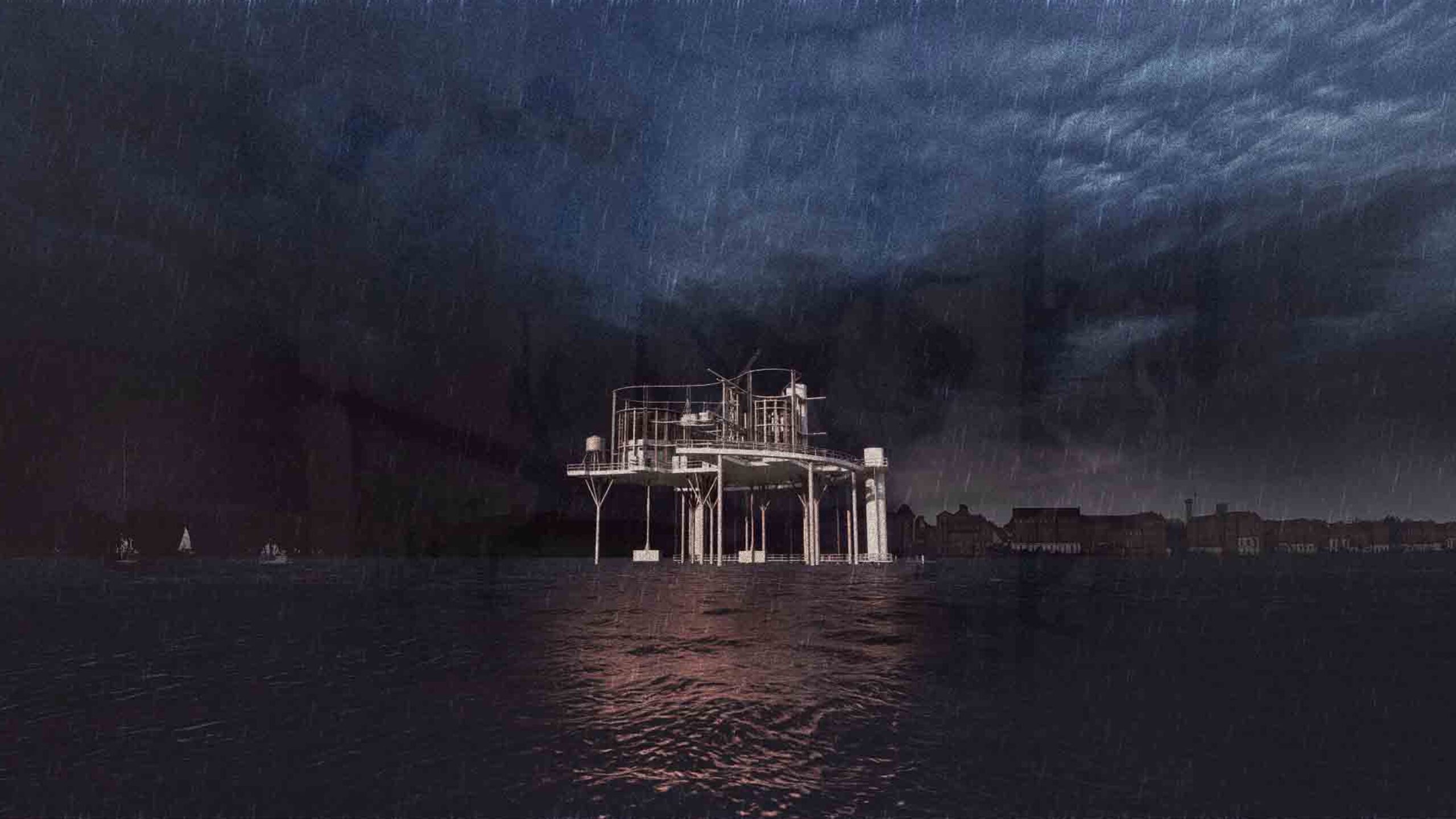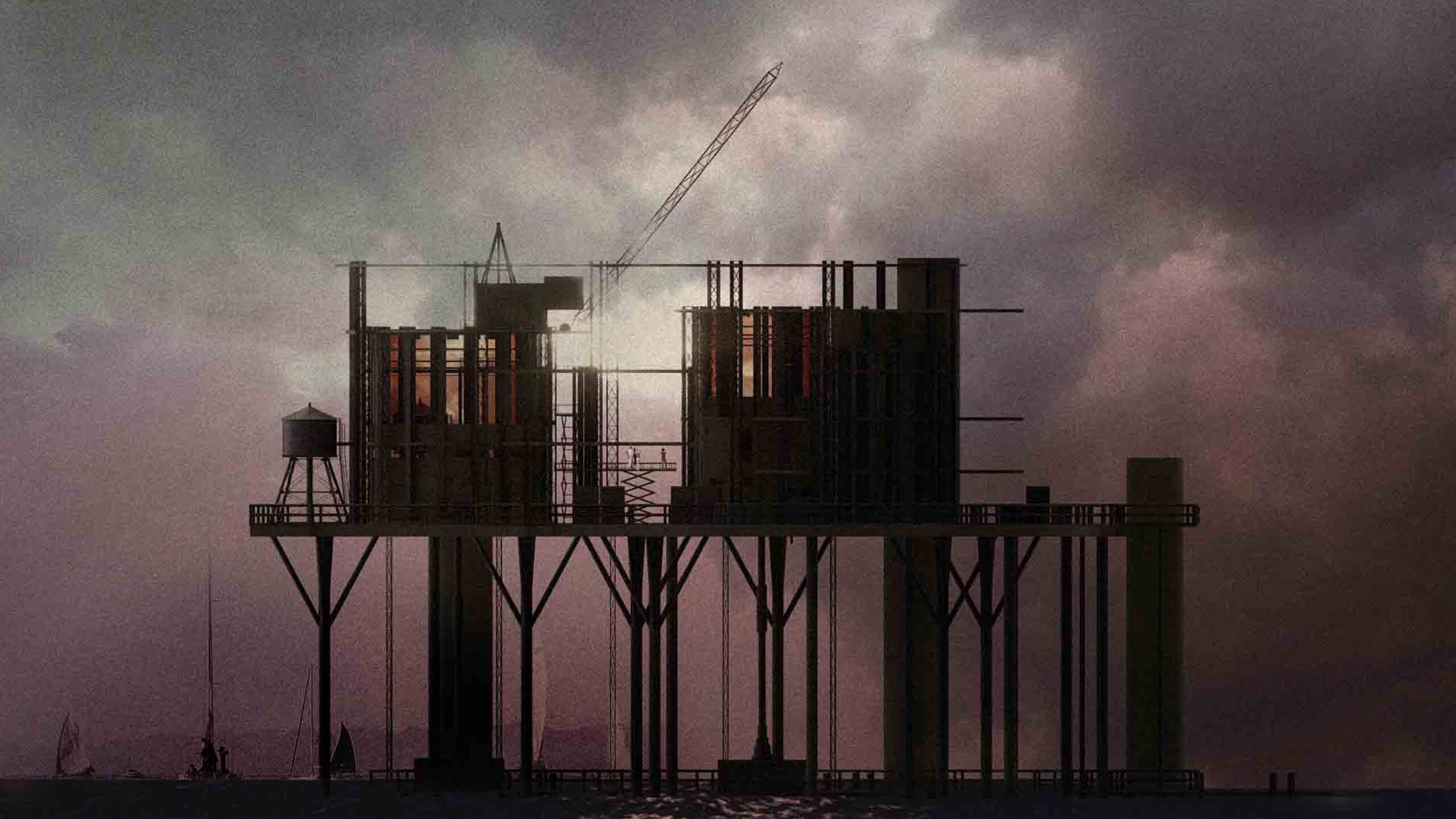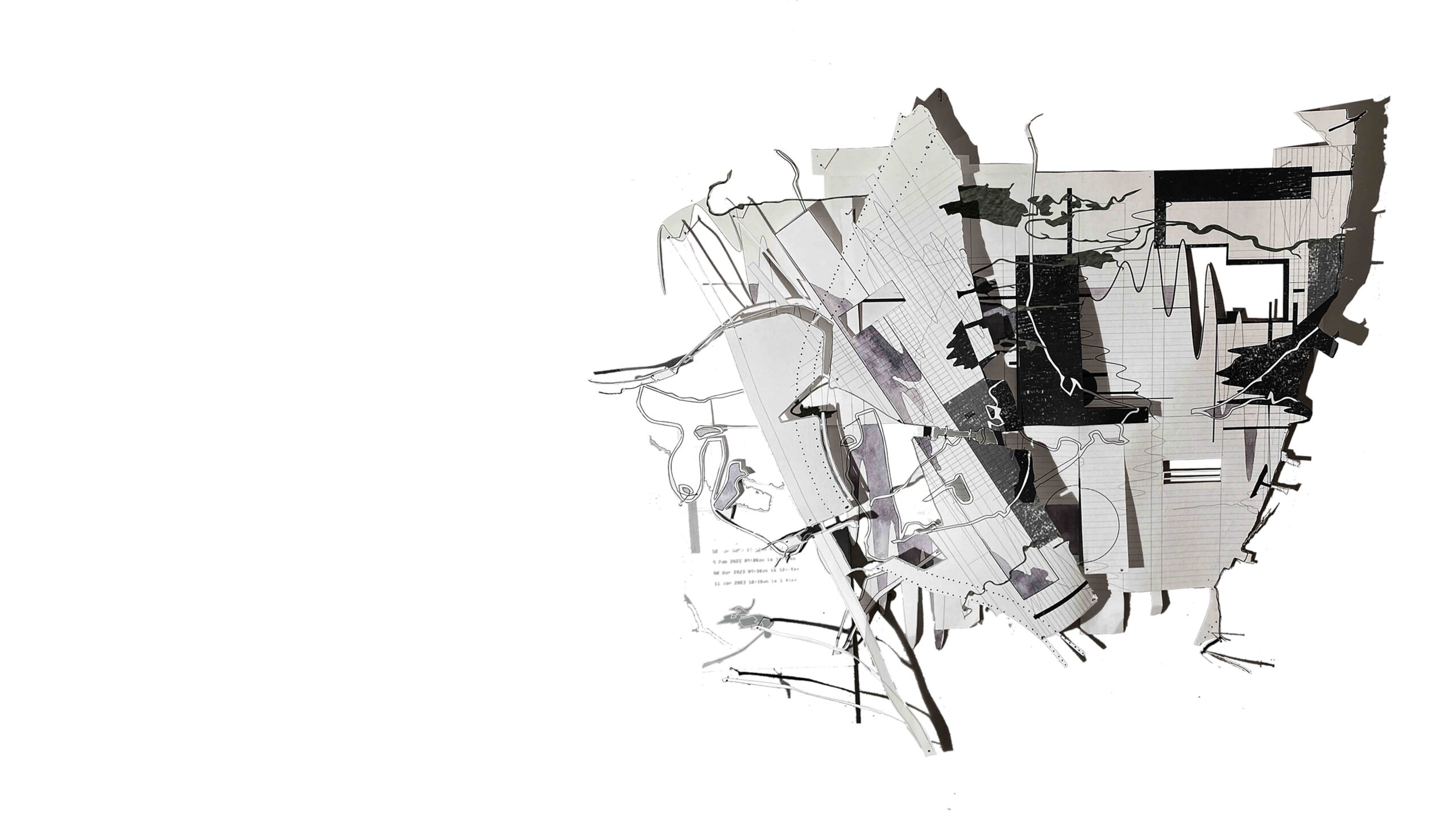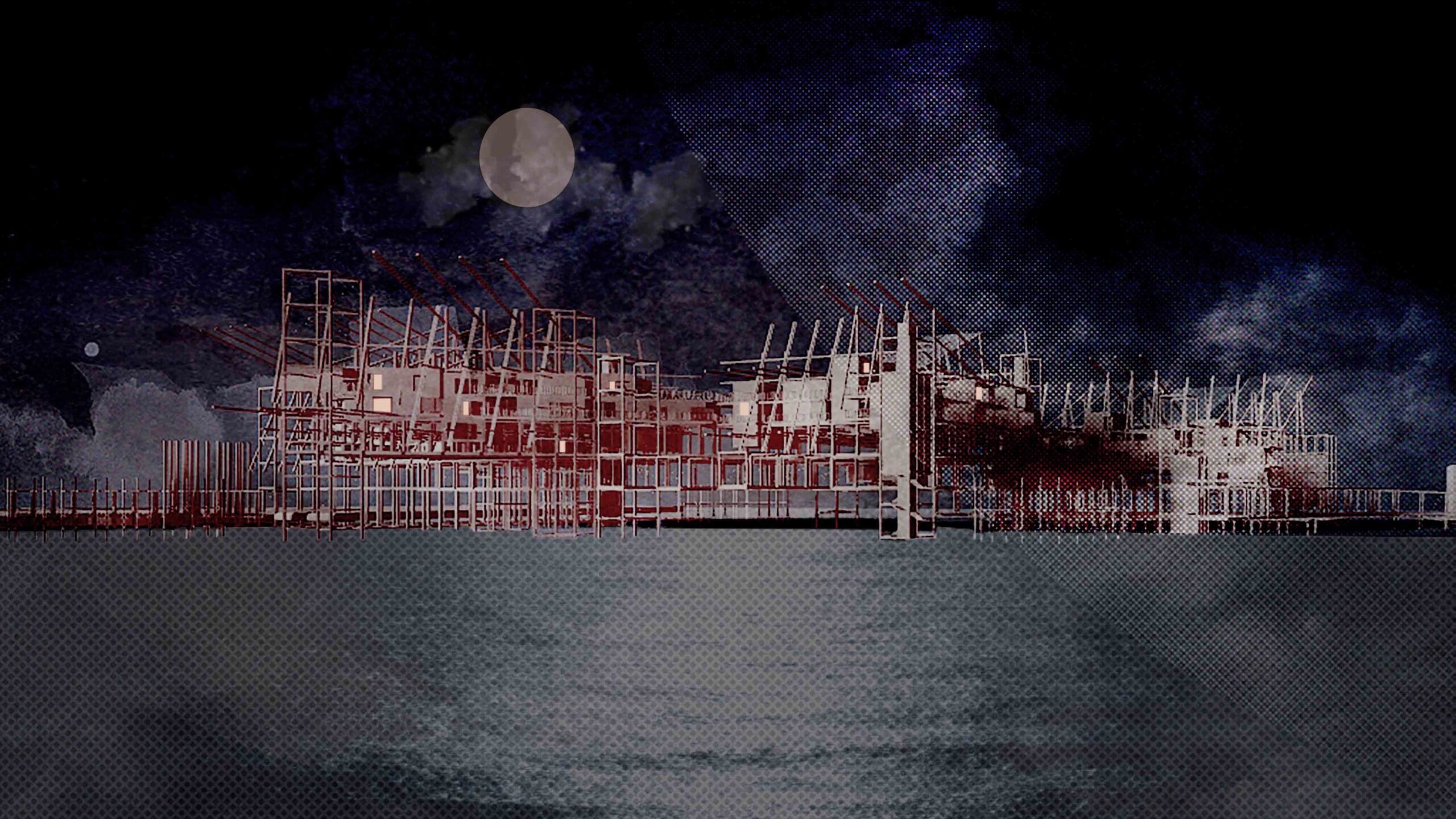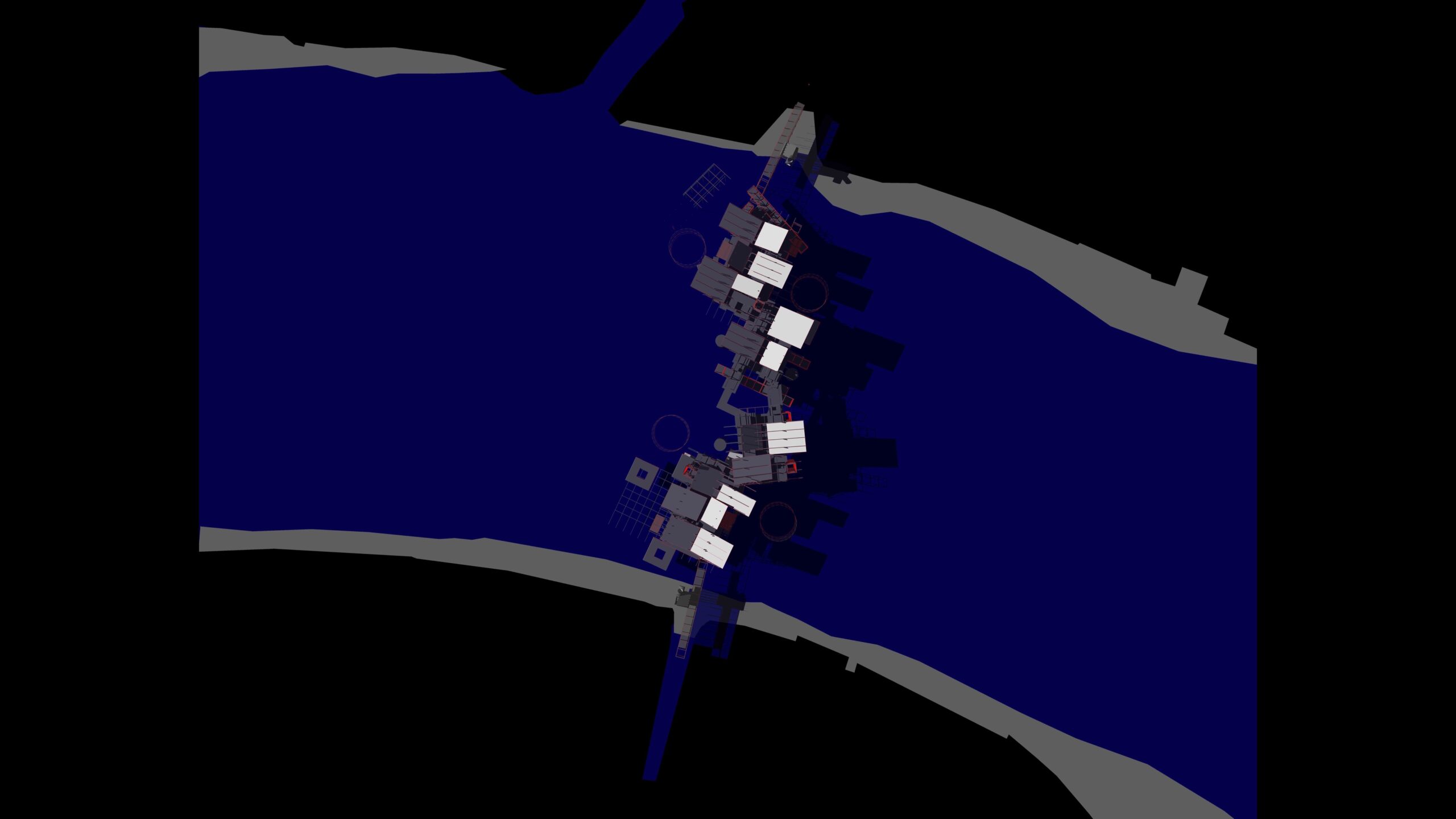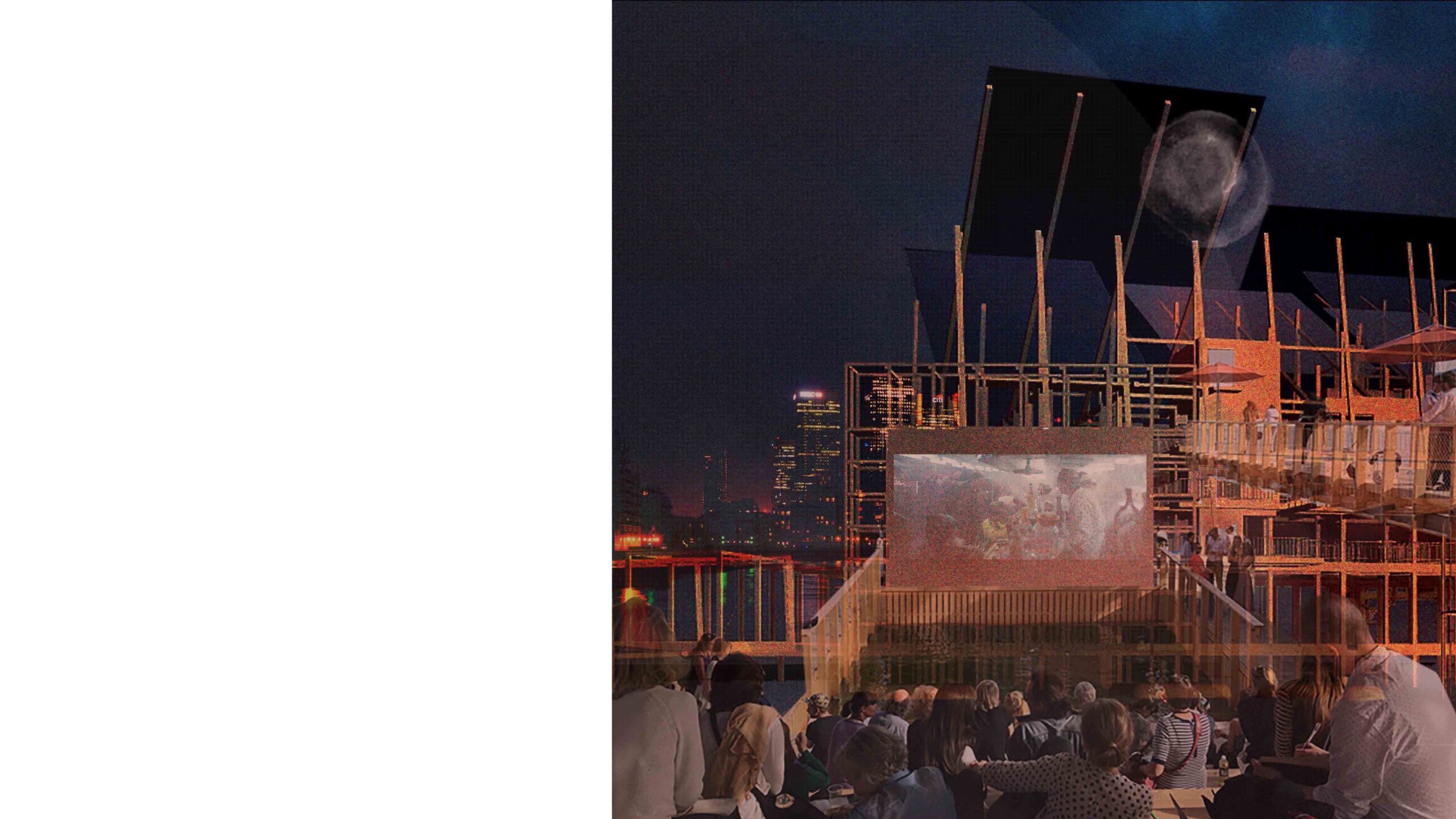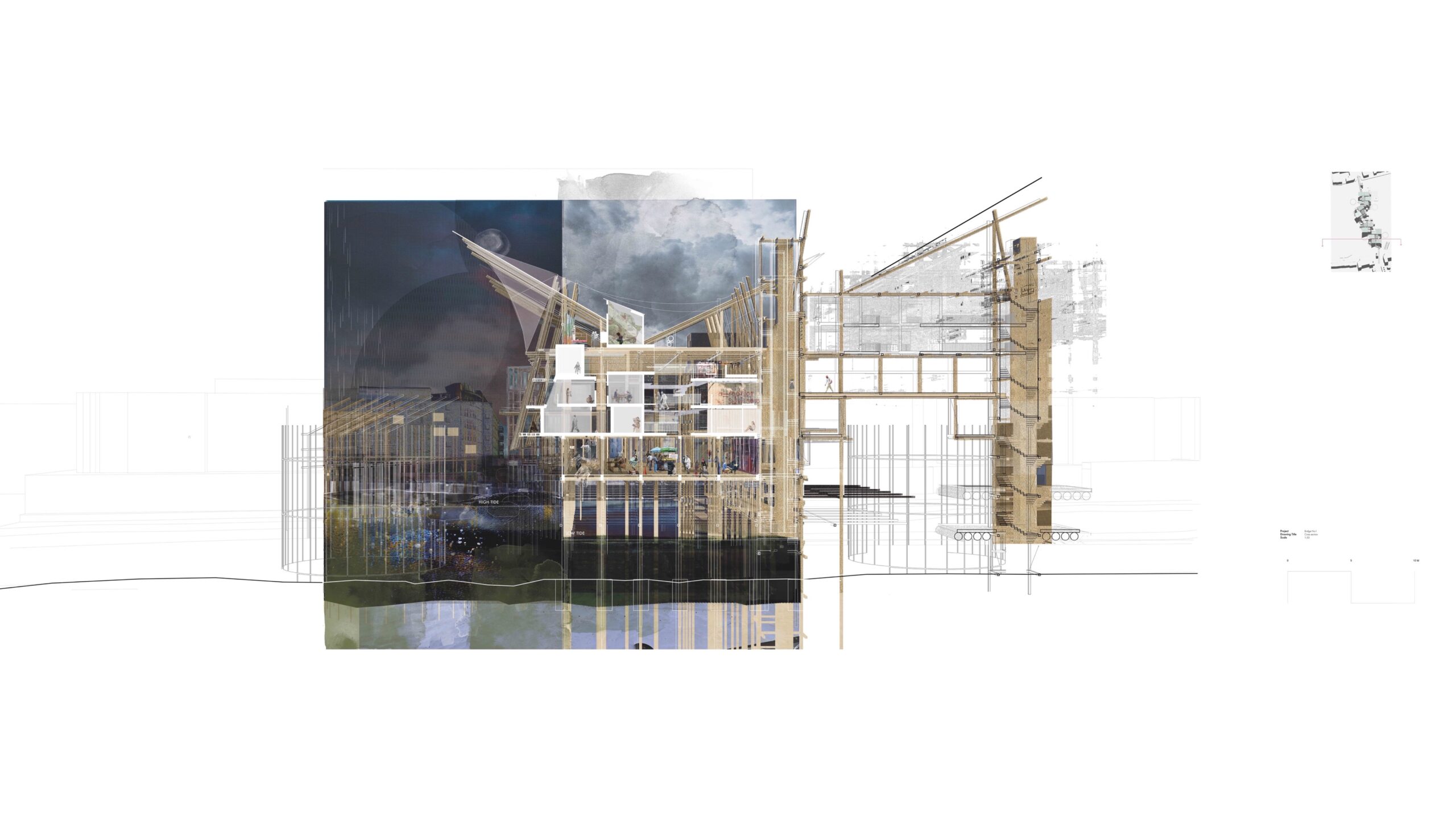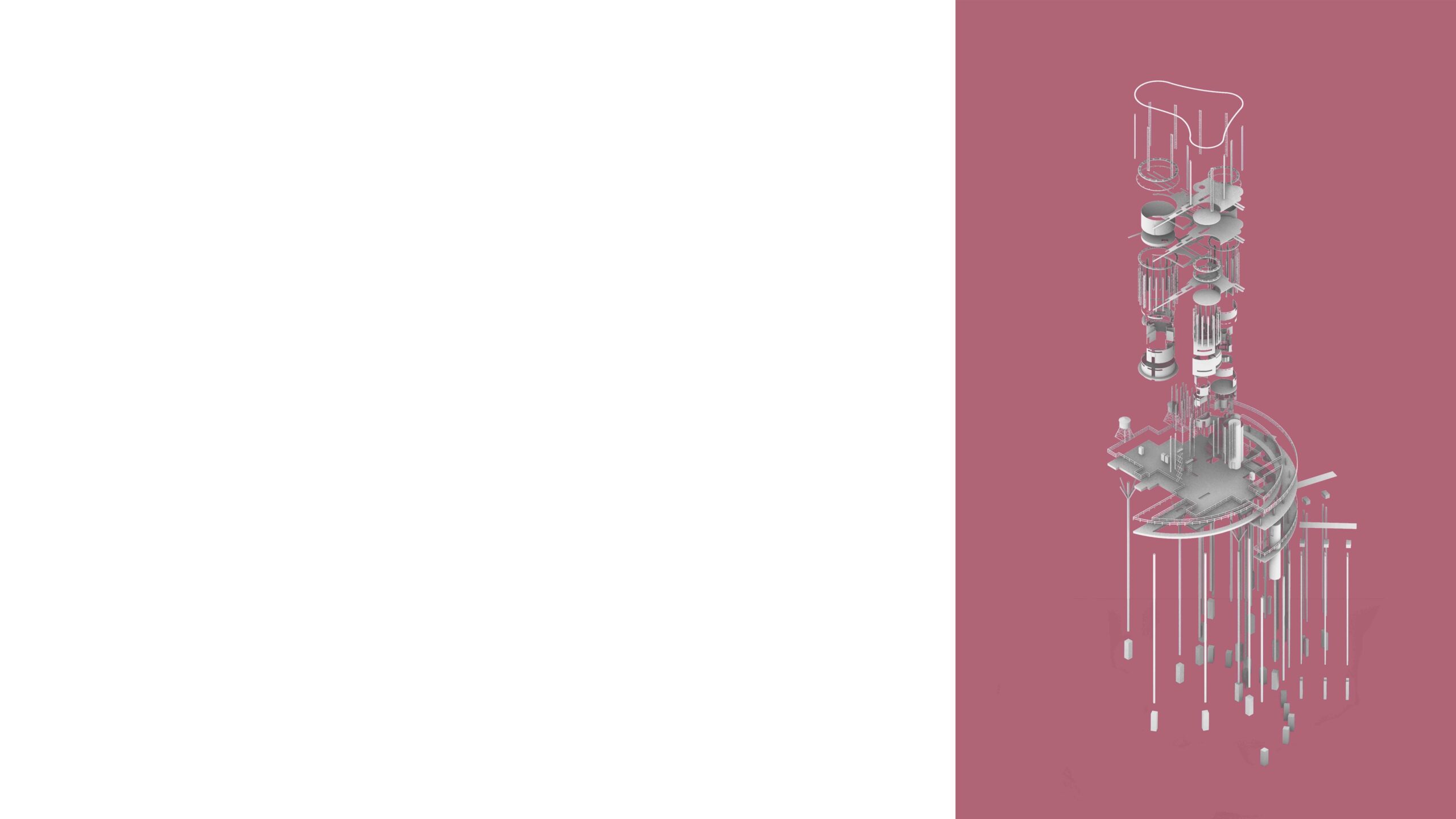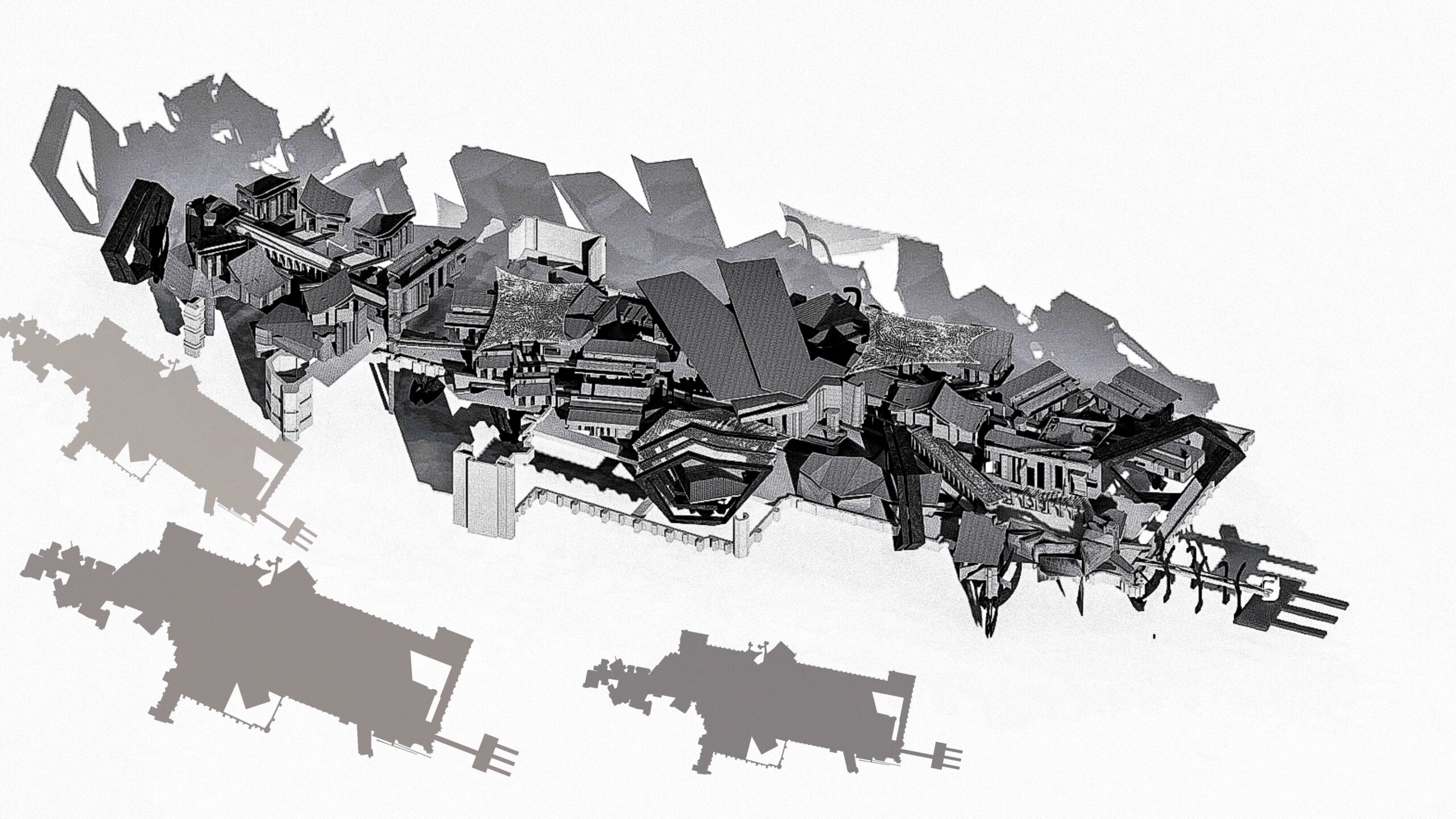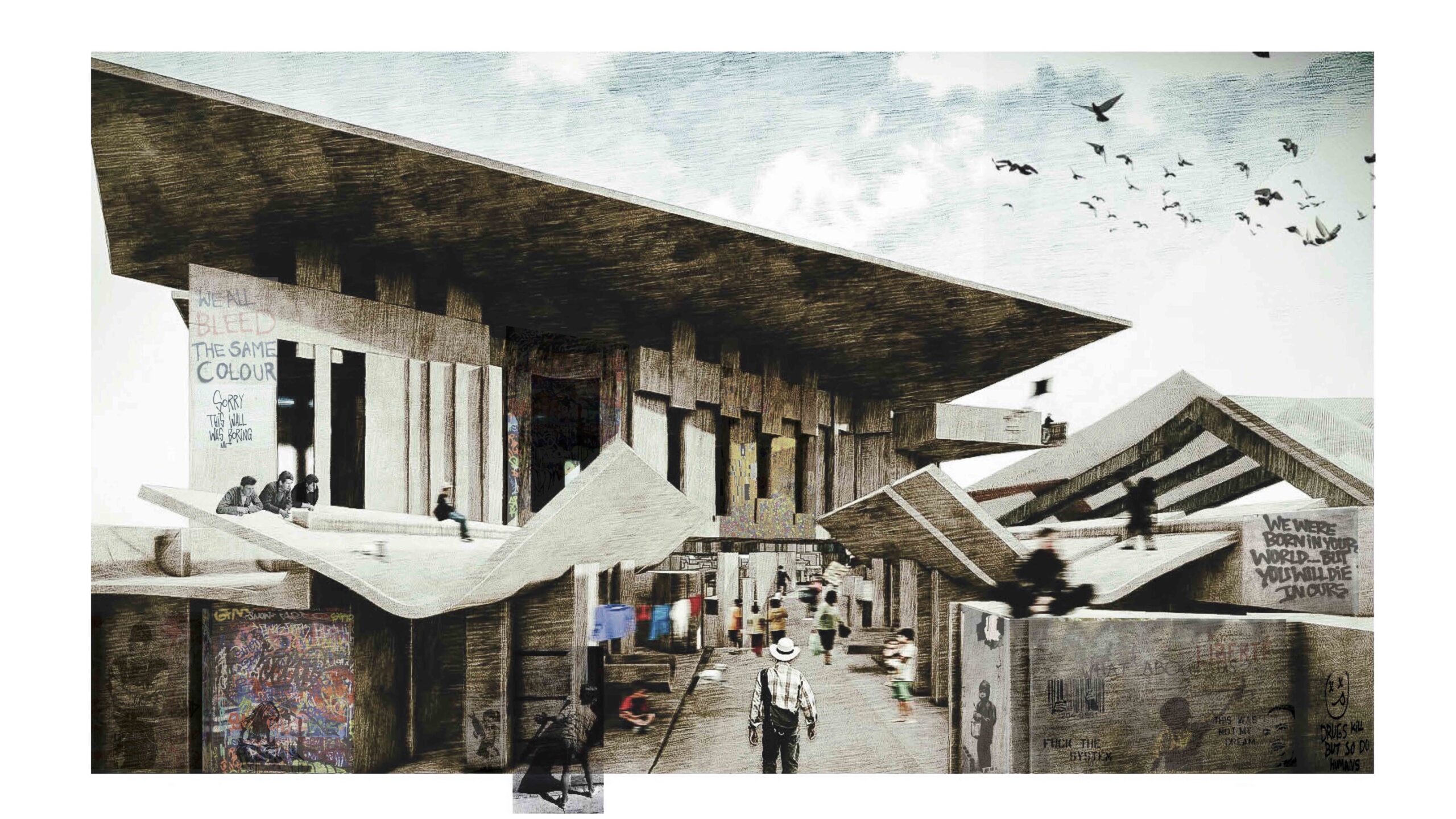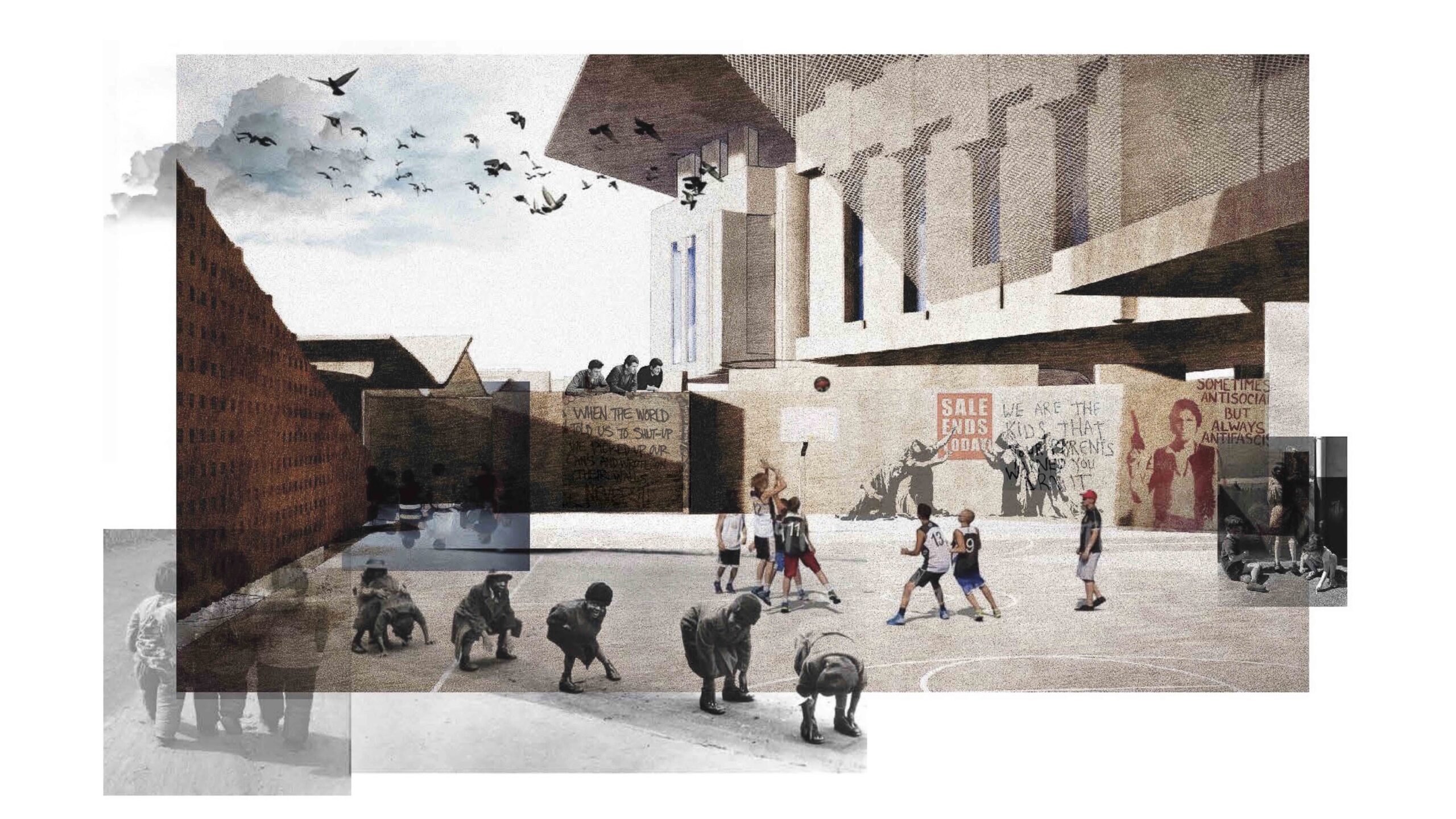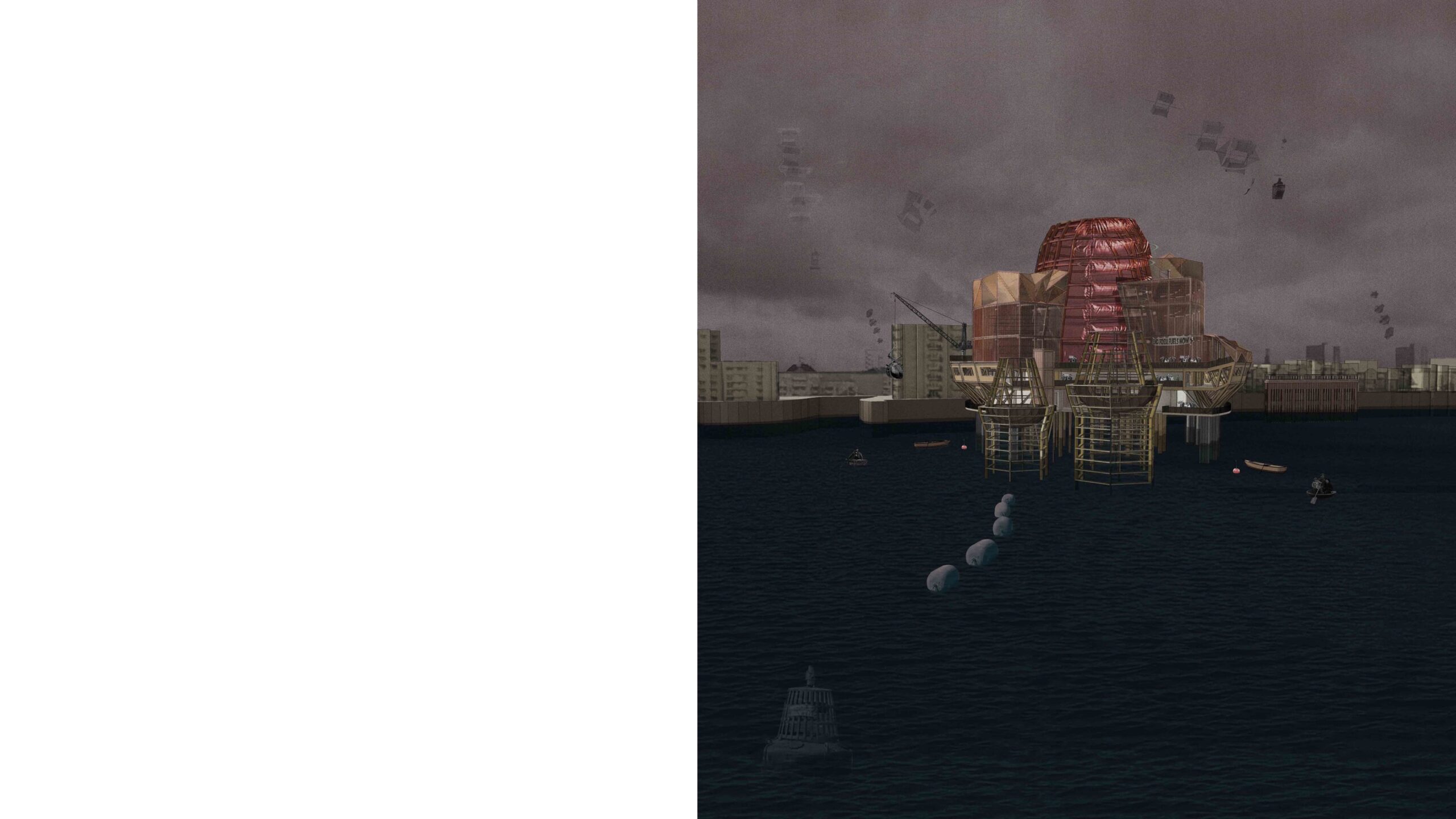Design Studio (Three) One ARCHIVE
YEAR 3 – DS3.1
Tutors: Jane Tankard and Thomas Grove
Jane Tankard is the BA Architecture Year 3 Leader, Senior Lecturer, practising Architect and active researcher. Her work focuses on experimental pedagogy, praxis and the role of the architect in collaborative multidisciplinary contexts. Studio work embraces politics, film and feminism.
Thomas Grove studied at Liverpool John Moores University and the University of Westminster. He works for an architectural practice in London and is interested in film, ornament, traditional modes of representation and the socio-political ramifications of architecture.
Future City? …In search of architectures of transformation and delight
This year, DS3.1 has turned its attention to Limehouse, a part of London whose survival has been inextricably tied to global events outside of its control. Transformed from a small mediaeval village to bustling port by international trade, it was then virtually abandoned following the collapse of the British Empire before being resuscitated by international capital as part of the Docklands Regeneration Project.
In direct opposition to the ongoing neo-liberal regeneration of the area, we believe that we need to build communities that are proactive, sustainable and resilient. If we are to reject convention and approach the city, not as a tabula rasa, but rather a palimpsest of history, narrative and meaning, then we need to demonstrate how we can adapt and reinvigorate our urban villages to create a Future City fit for the 21st century.
In response to this, in Semester 1 we asked our students to propose a ‘pop-up’ Parliament for a specific, under-served part of the community they had identified to come together for conversation and action.
In Semester 2, and under the broad theme of ‘social condenser’, we asked the students to propose large scale interventions which would be catalysts for radical change within Limehouse. Some of these proposals deal with practical issues such as access to food, energy and housing, while others address issues surrounding education, industry and the emotional well-being of citizens; using the microcosm of Limehouse to investigate ways in which the wider city may be saved.
As a collective we are interested in processes that inform how we think about architecture, both as physical entity and as cultural construct.We explored these ideas through analysis of specific practitioners, the form and politics of event, and the radical technologies that promise to transform and liberate both our built forms and everyday lives.










